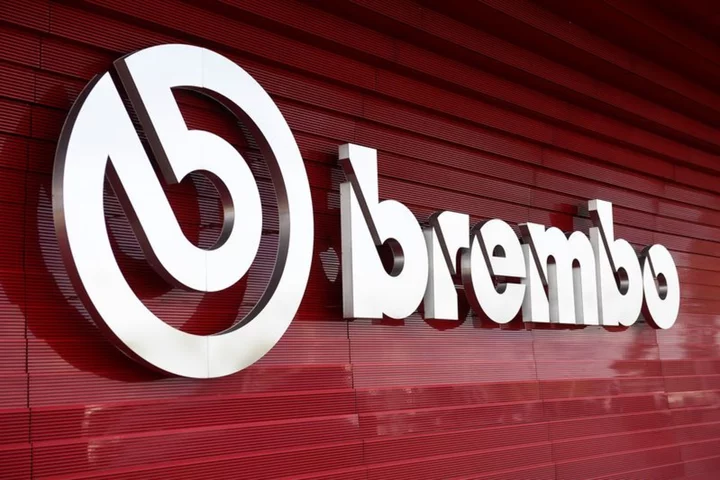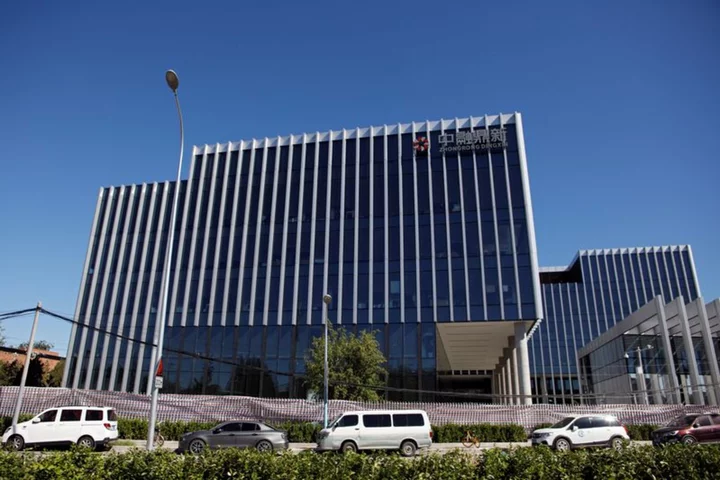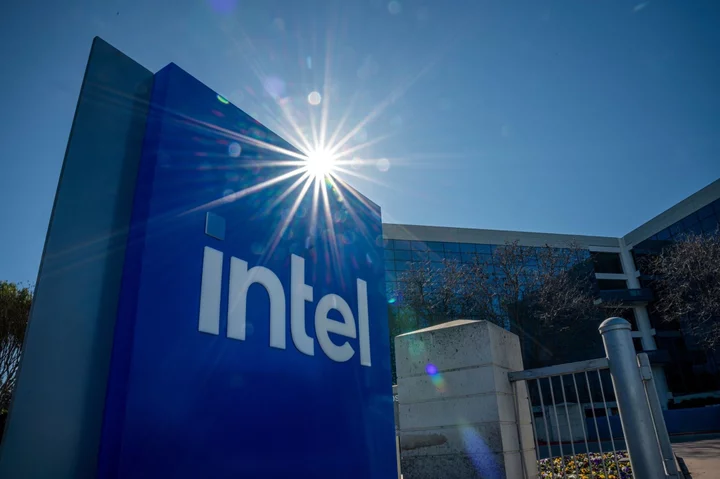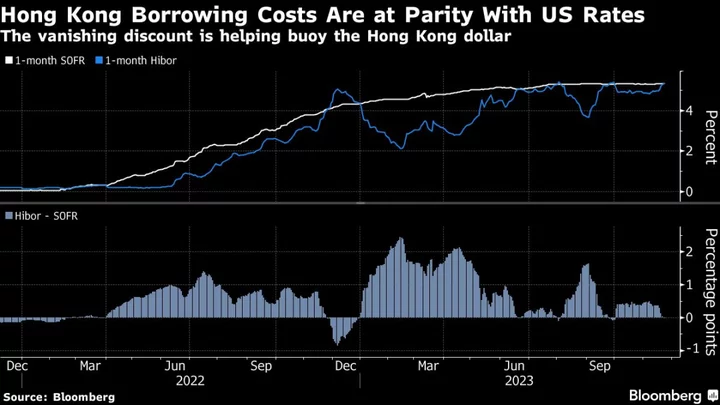MILAN Italy's Brembo is to move its legal headquarters to the Netherlands and strengthen its loyalty share scheme in a move aimed at increasing M&A opportunities, the premium brake maker said on Tuesday.
The announcement follows similar moves by other major Italian companies, including Ferrari, Exor, Mediaset and Campari, to establish in the Netherlands to enjoy the benefits of the country's favourable loyalty share legislation.
The new loyalty share scheme will ensure "a more solid shareholder base and higher flexibility in pursuing growth opportunities through acquisitions that can be made through the issue of new shares," the Italian group said in statement.
Brembo's tax residence will remain in Italy while its shares will continue to be listed in Milan, the group said.
Shareholders will vote on the proposals at an extraordinary meeting called on July 27, Brembo said, adding that the move was expected to be completed by the end of this year.
Brembo's Executive Chairman Matteo Tiraboschi said the relocation would not impact the company's business and structure.
"Brembo intends to continue to grow and remain a competitive key player in the global automotive market that is currently undergoing a great transformation," he said.
"This relocation allows us to adopt a more flexible share capital structure that is more consistent with the company's future development strategy".
The company is being advised by Citigroup.
Brembo, which is controlled by the Bombassei family with a stake around 70%, already approved in 2019 a loyalty share scheme under Italian law which allowed its top shareholder to tighten its grip on the company as it assessed M&A options which might potentially dilute its holding below 50%.
Brembo also owns a 6% stake in Italian tyremaker Pirelli and has a shareholders' agreement with fellow investor Camfin, the vehicle of Pirelli's CEO Marco Tronchetti Porvera, in what analysts see as an initial step to potentially build an alternative and stable group of Italian shareholders for the company.
(Reporting by Giulio Piovaccari and Francesca Landini; editing by Keith Weir and Conor Humphries)









